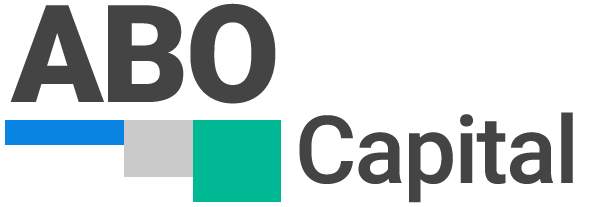Collateral is a key concept in mortgage lending
When you apply for a mortgage, you’ll likely come across the term “collateral.” In the context of a mortgage, collateral refers to the property that you are purchasing with the loan. The lender uses the property as security for the loan, which means that if you default on your mortgage payments, the lender has the right to take possession of the property and sell it to recover their money.
It is a key concept in mortgage lending because it helps to protect the lender’s investment in the loan. When you take out a mortgage, you are essentially borrowing a large amount of money, and the lender wants to make sure that they will be able to recoup their investment if you are unable to make your payments. By using the property as collateral, the lender has a way to recover their money if you default on the loan.
It’s important to understand that when you use your property as collateral for a mortgage, you are essentially giving the lender a lien on the property
This means that the lender has a legal claim on the property until the loan is paid off in full. If you sell the property before the loan is paid off, the lender has the right to receive the proceeds from the sale up to the amount of the outstanding loan balance.
In addition to protecting the lender’s investment, it can also have benefits for the borrower. Because the lender has the security of the property, they may be more willing to offer you a lower interest rate or more favorable loan terms. This is because the risk of default is lower when the lender has collateral to fall back on.
However, it’s important to understand that using your property as it also comes with risks. If you are unable to make your mortgage payments, the lender has the right to foreclose on the property and take possession of it. This can be a devastating experience, as you will lose your home and any equity that you have built up in it.
To avoid the risks associated with using your property, it’s important to make sure that you can afford your mortgage payments before you take out the loan. You should also make sure that you understand the terms of the loan, including the interest rate, repayment period, and any fees or penalties that may apply.
In conclusion, collateral is a key concept in mortgage lending. By using your property as collateral, the lender has a way to protect their investment in the loan. However, it’s important to understand the risks associated with using your property as collateral and to make sure that you can afford your mortgage payments before you take out the loan.
FAQs
- What is mortgage collateral? It refers to the property or asset that a borrower pledges as security for a mortgage loan. It serves as a form of protection for the lender in case the borrower defaults on the loan.
- What types of assets can be used? Typically, real estate properties such as homes, apartments, land, or commercial buildings are used as mortgage collateral. However, in certain cases, other valuable assets like vehicles or investment accounts may also be accepted as collateral.
- Why is it required for a mortgage? Collateral provides lenders with a guarantee that they can recover their investment in case the borrower fails to repay the loan. It reduces the lender’s risk and allows them to offer better loan terms and lower interest rates.
- How is the value determined? The value of mortgage collateral is assessed through a property appraisal conducted by a qualified appraiser. They consider factors such as the property’s location, size, condition, comparable sales, and market trends to determine its current market value.
- Can I use multiple properties for a mortgage? Yes, it is possible to use multiple properties as collateral for a mortgage. This is known as a cross-collateralization or blanket mortgage. It allows borrowers to leverage the equity in multiple properties to secure a loan.
- What happens if I default on my mortgage? If you default on your mortgage, meaning you fail to make the agreed-upon payments, the lender has the right to take legal action to recover the outstanding debt. This may involve foreclosure, where the lender sells the property to recoup their losses.
- Can I sell a property if it is being used? Generally, you can sell the property that is being used as mortgage collateral. However, it is important to consult with the lender beforehand to understand any specific conditions or restrictions that may apply.
- Can I use assets other than real estate for a mortgage? While real estate is the most common form of collateral for a mortgage, some lenders may accept other valuable assets such as vehicles, investment accounts, or even jewelry. The acceptability of non-real estate collateral may vary between lenders, so it’s best to inquire with specific lenders about their policies.
- Is it required for all types of loans? Not all loans require mortgage collateral. Unsecured loans, such as personal loans or credit cards, do not require collateral. However, mortgage loans, home equity loans, and certain business loans often require collateral to secure the loan.
- Can the value change over time? Yes, the value of mortgage collateral can change over time due to various factors such as market conditions, property improvements, or depreciation. Lenders may occasionally request a new appraisal to reassess the collateral’s value if there are significant changes.
Remember that these FAQs provide general information and it’s always important to consult with a qualified mortgage professional at Abo Capital. Call Abo Capital today to discuss your real estate venture at (310) 984-8028, we’ve helped thousands navigate the lending process for over 35 years.


Recent Comments